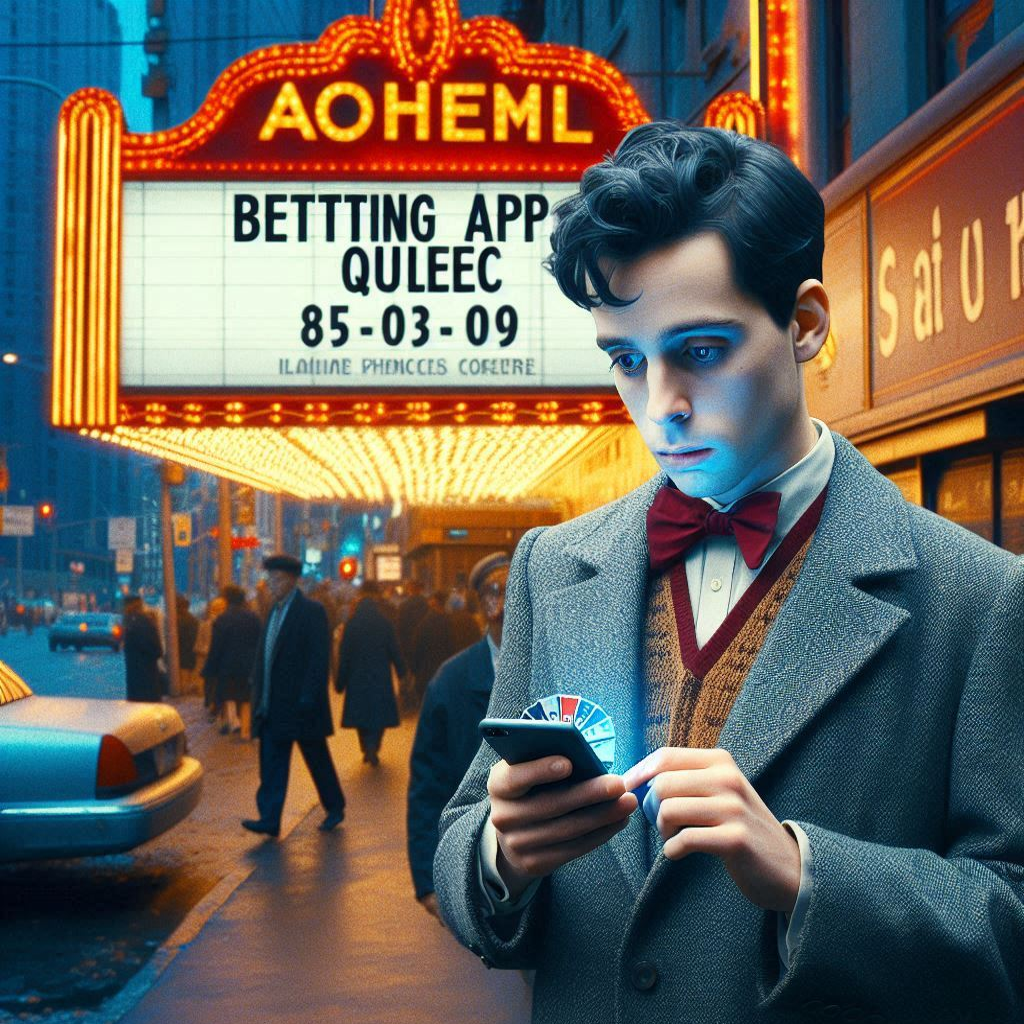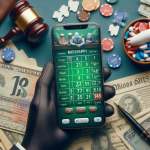Blockchain technology is changing how we play games like roulette. This new way of keeping records makes everything clearer and fairer for players. Let’s dive into how blockchain affects roulette and what that means for you.
First, let’s talk about transparency. In traditional roulette games, players often wonder if the game is fair. With blockchain, every spin of the wheel and every bet is recorded in a way that anyone can see. This helps players know that the game is honest and that no one is cheating.
Next is probability. In roulette, players want to know their chances of winning. Blockchain can help by giving players access to real data about how often certain numbers come up. This information can help players make better decisions when placing their bets.
Lastly, we have player trust. Trust is very important in gambling. When players feel confident that the game is fair, they are more likely to play. Blockchain builds this trust by showing players that everything is open and cannot be easily changed. This makes them feel safe and happy while they play.
In conclusion, blockchain is making roulette better in many ways. With transparency, better understanding of probability, and increased trust, players can enjoy the game more. As this technology continues to grow, we might see even more changes to how we play our favorite games.
Understanding Blockchain Technology
Blockchain is a revolutionary technology that allows data to be stored across a network of computers, making it secure and transparent. To understand how blockchain changes roulette, it is essential to first grasp some key terms:
- Blockchain: A decentralized ledger that records transactions across many computers so that the registered transactions cannot be altered retroactively.
- Transparency: The property of being easily seen through, which means all players can verify the game results independently.
- Probability: The likelihood of a particular outcome happening during a game, such as a ball landing on a specific number in roulette.
- Player Trust: The confidence players have in the fairness and integrity of the game.
The Role of Transparency in Roulette
Roulette, a popular casino game, has a long history of being viewed with suspicion due to concerns about its fairness. Players often worry about whether the outcomes are rigged. Implementing blockchain technology addresses this issue by providing transparency. Here’s how:
- Secure Record Keeping: All roulette game data, including bets placed, outcomes, and payouts, can be stored on a blockchain. This means once the information is recorded, it cannot be changed or deleted.
- Public Accessibility: Players can access the blockchain to verify game outcomes independently. This immediate availability helps build trust.
As one expert states, “Transparency in gaming is essential for fostering trust between players and casinos.”
Probability Dynamics with Blockchain in Roulette
When blockchain is introduced to roulette, it not only enhances trust but also offers a more consistent experience regarding probability. Probability in roulette is calculated by considering the number of winning numbers compared to the possible total outcomes. Here’s how blockchain can change the game:
- Fairer Odds: With blockchain, players can be assured that the odds have not been manipulated. Every spin’s outcome is generated through a verified random number generator (RNG) stored on the blockchain.
- Smart Contracts: These are self-executing contracts with the terms directly written into code. They can automatically handle payouts based on the game’s outcomes without the need for human intervention, ensuring fair play.
Building Player Trust with Blockchain
Player trust is critical to the success of online casinos. By adopting blockchain technology, casinos can offer a higher level of assurance to their players. Some ways this is achieved include:
- Audit Trails: Every transaction made during the game leaves a trace on the blockchain, allowing for easy audits if disputes arise.
- Decentralization: With no single party controlling the game, players can feel secure that all operations are transparent and fair.
As mentioned by a leading gambling researcher, “The adoption of blockchain can significantly reduce the operational risks associated with online gambling.”
Potential Challenges and Considerations
While blockchain presents numerous benefits for roulette, there are challenges that need to be addressed:
- Regulatory Concerns: Different jurisdictions may have various regulations governing online gambling, making it complicated for casinos using blockchain.
- Technology Adoption: Not all players are familiar with blockchain, which could create a barrier to entry for some users.
Future Prospects of Blockchain in Roulette
The future of roulette with blockchain technology looks promising. As casinos continue to embrace this form of decentralized technology, players can expect:
- Improved Game Experiences: Enhanced user interfaces and experiences can emerge as blockchain technology evolves.
- Increased Player Engagement: Gamified elements and player rewards on the blockchain may arise, attracting more participants.
In summary, blockchain technology is set to transform roulette by enhancing transparency, reinforcing trusted probabilities, and ultimately fostering player confidence. It promises an exciting new era for both players and casinos alike.
What is blockchain technology and how does it relate to online roulette?
Blockchain technology is a decentralized digital ledger that records transactions across many computers. In the context of online roulette, it ensures that all game outcomes are recorded transparently and cannot be altered, enhancing the integrity of the game.
How does blockchain improve transparency in roulette games?
With blockchain, every bet and outcome in a roulette game is permanently recorded. Players can easily verify the history of the game, including the outcomes of spins and the distribution of winnings, creating a transparent environment where players can trust that the game is fair.
What impact does blockchain have on probability and fairness in roulette?
Blockchain allows for the implementation of provably fair algorithms, which can be used to demonstrate that each spin of the roulette wheel is random and unbiased. This technology offers players reassurance that the results are not manipulated and that the probabilities are accurately represented.
How can players verify the fairness of a roulette game powered by blockchain?
Players can access transaction histories and results on the blockchain to verify that the outcomes of spins were random. Many platforms offer tools that allow players to check the integrity of the games through cryptographic proofs.
Does blockchain technology affect the payout percentages of roulette games?
Blockchain does not directly change the mathematical odds of roulette. However, it can enable smarter contracts to be implemented that ensure payouts are made accurately and promptly, potentially increasing player satisfaction and confidence in the platform.
How does blockchain enhance player trust in online casinos?
By providing transparency, verifiable game outcomes, and tamper-proof records, blockchain significantly boosts player trust. Gamblers are more likely to engage with platforms that prove their fairness and integrity through transparent operations.
Are there any drawbacks to using blockchain in roulette games?
One potential drawback is the learning curve for players unfamiliar with blockchain technology. Additionally, while blockchain enhances transparency, it may not eliminate all forms of fraud or scams. Players should still conduct thorough research before choosing a platform.
Will blockchain technology become standard in the gambling industry?
Future Tech Insights: Blockchain’s Impact on Community Engagement
As awareness of its benefits grows, it is likely that more online casinos will adopt blockchain technology. This shift could lead to higher industry standards and expectations for transparency, fairness, and player trust.




